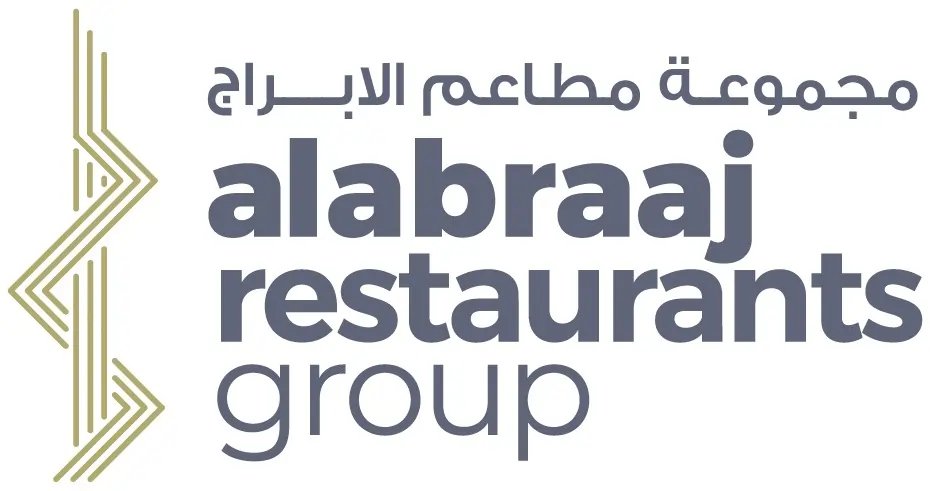$170 Million Research Program to Help Maize Farmers Worldwide
Published by Gbaf News
Posted on July 19, 2011
4 min readLast updated: January 22, 2026

Published by Gbaf News
Posted on July 19, 2011
4 min readLast updated: January 22, 2026

Bold Initiative Tackles Hunger in Developing World
The Consultative Group on International Agricultural Research (CGIAR) – the world’s largest international agriculture research coalition – today announced a US$170 million global alliance and program to expand and accelerate research into maize, the preferred staple food source for more than 900 million people in 94 developing countries, including one third of the world’s malnourished children.
“This program aims to double the productivity of maize farms, while also making those farms more resilient to climate change and reducing the amount of land used for growing the crop,” said Carlos Perez del Castillo, CGIAR Consortium Board Chair. “As a result, farmers’ incomes are expected to rise and their livelihood opportunities to increase, contributing to rural poverty reduction in developing countries.”
The CGIAR applies cutting-edge science to foster sustainable agricultural growth that benefits the poor. The new crop varieties, knowledge and other products resulting from the CGIAR’s collaborative research are made widely available, at no cost, to individuals and organizations working for sustainable agricultural development throughout the world.
Under the research program, 40 million smallholder farm family members are expected to see direct benefits by 2020 and 175 million by 2030. The program is expected to provide enough maize to meet the annual food demands of an additional 135 million consumers by 2020 and 600 million by 2030.
The program will be implemented the International Maize and Wheat Improvement Centre (CIMMYT), and the International Institute of Tropic Agriculture (IITA).
The announcement came as the CGIAR celebrated its 40th anniversary at a ceremony in Washington attended by the President of the World Bank Group, as well as the heads of several of the 15 research centers that make up the CGIAR Consortium of International Agriculture Centers.
Inger Andersen, Vice President of Sustainable Development at the World Bank, and Chair of the CGIAR Fund Council, said the first target group to benefit from the enhanced maize research program would be smallholder farmers who live in environments prone to stress and who have poor access to markets.
“Small holder farmers are among the most vulnerable people in developing countries.” she said. “They should be among the first we seek to help. Enabling these people to produce more and better maize quickly and reliably will help to ensure their well being, as well as that of their communities.”
Studies carried out by CIMMYT, show that the demand for maize in the developing world is expected to double between now and 2050.
“This is a highly ambitious project to address world hunger,” said Thomas Lumpkin, Director General of the International Maize and Wheat Improvement Center (CIMMYT). “It will take an enormous amount of work and cooperation between public and private sector institutions to meet the goals. The global challenges facing mankind are immediate and chronic; the time to act is now. Millions of lives depend on our ability to develop sustainable solutions to feed more people with fewer resources than ever before.”
The global alliance that will carry out the research program includes 130 national agricultural research institutes, 18 regional and international organizations, 21 advanced agricultural research institutes, 75 universities worldwide, 46 private sector organizations, 42 non-governmental organizations and farmer associations, and 11 country governments that will host offices dedicated to the program.
Media contacts:
In Washington: Amy Stilwell, (202) 458-4906; astilwell@worldbank.org
At CIMMYT: Chris Cutter, +52 595 (1) 104 9846; c.cutter@cgiar.org
MAIZE- A Global Alliance for Improving Food Security and the Livelihoods of the Resource-poor in the Developing World is a CGIAR Research Program that addresses the current and projected demand for maize worldwide, as well as food security threats like climate change and land, fertilizer, water, and labor scarcities. Implemented by the International Maize and Wheat Improvement Center (CIMMYT) and the International Institute of Tropical Agriculture (IITA), together with over 350 public and private partners worldwide, MAIZE ensures that publicly‐funded international research contributes to more stable maize prices and to more productive, resilient, and sustainable maize‐based farming, while increasing farmers’ incomes and livelihood opportunities. MAIZE will support and greatly strengthen the efforts of national governments, the private sector, international, regional and local organizations, and farming communities in the fight against world hunger.
The Consultative Group on International Agricultural Research (CGIAR) is a global partnership that unites organizations engaged in research for sustainable development with the funders of this work. The funders include developing and industrialized country governments, foundations, and international and regional organizations. The work they support is carried out by 15 members of the Consortium of International Agricultural Research Centers, in close collaboration with hundreds of partner organizations, including national and regional research institutes, civil society organizations, academia, and the private sector. www.cgiar.org – www.consortium.cgiar.org
Explore more articles in the Finance category
